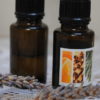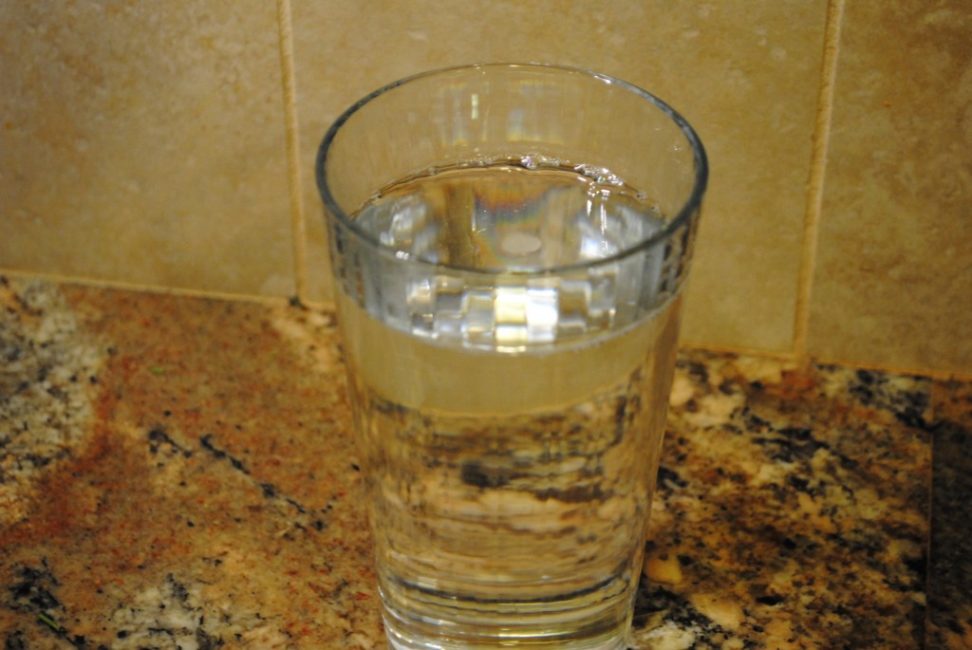You are what you eat. Well, actually you are what you absorb from what you eat. If you are trying to improve your health and are eating better foods, you want to make sure you are absorbing all those important nutrients from that good food you are eating! Here are 10 tips from Holistic Nutrition Lab you can incorporate into your life to help improve your digestion.
1. Exercise! It takes healthy muscle tone all around the abdomen for food to digest properly. Muscle tone to help move food through our digestive tract. Increasing exercise can improve your digestion.
2. Don’t Overeat. Overeating of any food is taxing on the digestive system and can affect the rate of digestion. It requires the body to expend a lot of energy, adds stress on the system and forces the body to try to use too many nutrients at once. Practice moderation and only eat until you are three-quarters full.
3. Take Time For Gratitude. When you take a few moments before you eat to pause and reflect, either with blessings or gratitude, you are activating the cephalic phase of digestion. Your brain signals saliva to release and stokes your digestive fires. Both are key to proper digestion.
4. Reduce or Eliminate Processed Foods. These so-called foods are challenging for the digestive system. The body has to supply its own energy and nutrients in order for these products to metabolize, robbing the body of nutrients rather than supplying any. Stick to whole foods as much as possible.
5. Chew Your Food! Chewing thoroughly will help any food digest. We complicate digestion whenever we eat on the run or gulp down our food. Slow down, savor your food and chew it up. (Saliva contains lots of enzymes that aid digestion.)
6. Boost Stomach Acid. Many people have low stomach acid. Heart-burn, belching or gas, fatigue, headaches and much more can all be a result of low stomach acid. Gently boost stomach acid by adding freshly-squeezed lemon juice to your water or by drinking one tablespoon of raw fermented apple cider vinegar in water each morning.
7. Eat More Fiber. Fiber helps keep your colon healthy. It makes the stool soft and bulky, speeds transit time through the colon, dilutes the effects of any toxic compounds and helps to remove bad bacteria from the colon. Make sure you get both soluble fiber, which absorbs toxins and unneeded cholesterol, and insoluble fiber, which hastens elimination.
8. Drink Water. It’s one of the top nutrients for digestion. The stomach needs water for digestion, especially for the health of the mucosal lining, which supports the small intestine bacteria for proper digestion and absorption of nutrients. Lack of water in the digestive system can result in ulcers, indigestion, heart-burn, fatigue, brain fog, memory loss, and constipation.
9. Add in Pro-Biotics. We need good bacteria to strengthen the immune system, reduce chronic inflammation, help remedy leaky gut and more. You can introduce probiotics with supplements or with raw fermented foods like sauerkraut or coconut kefir.
10. Bring in Digestive Enzymes. You need three categories of enzymes: lipase for fat break-down, amylases for carbohydrate break-down, and protease for protein breakdown. The best source of enzymes are from foods that are in their live, faw or sprouted form. Supplementing with digestive enzymes is also an option if digestion is impaired.
So which ones do you already practice? And then what ones can you start adding to your life? If it seems like an overwhelming list, just start with one and when you have it down add in another until you have them all incorporated into your life. Keeping your digestion healthy is vital for your overall health. If you are having health issues, start looking at your gut health! Improving your gut health can improve a lot health issues!
And know that if you are struggling with digestive issues, contact me. We can work on improving your health together!



![z31[1]](https://simplywholebydevi.com/wp-content/uploads/2018/06/z311-100x100.jpg)












